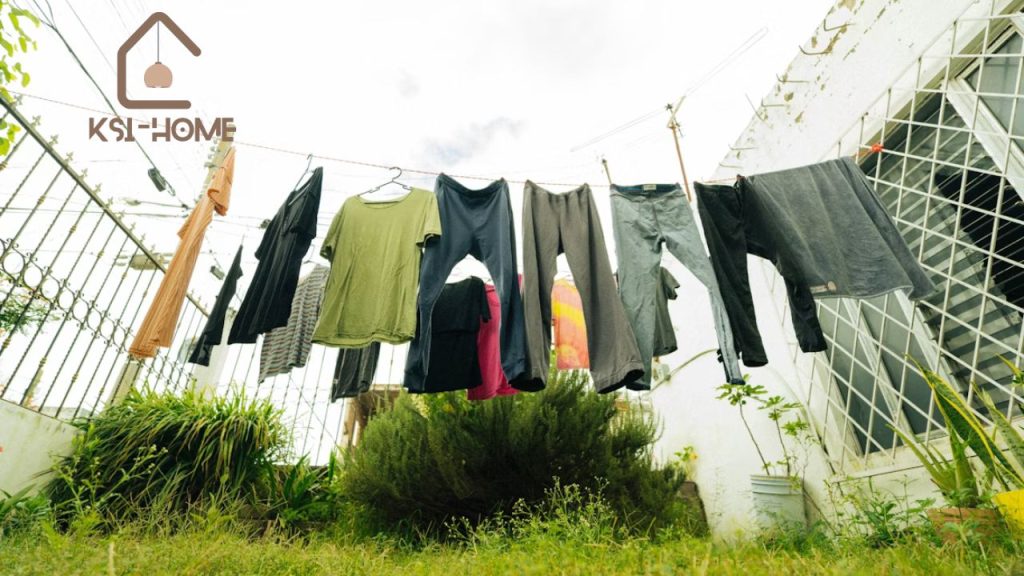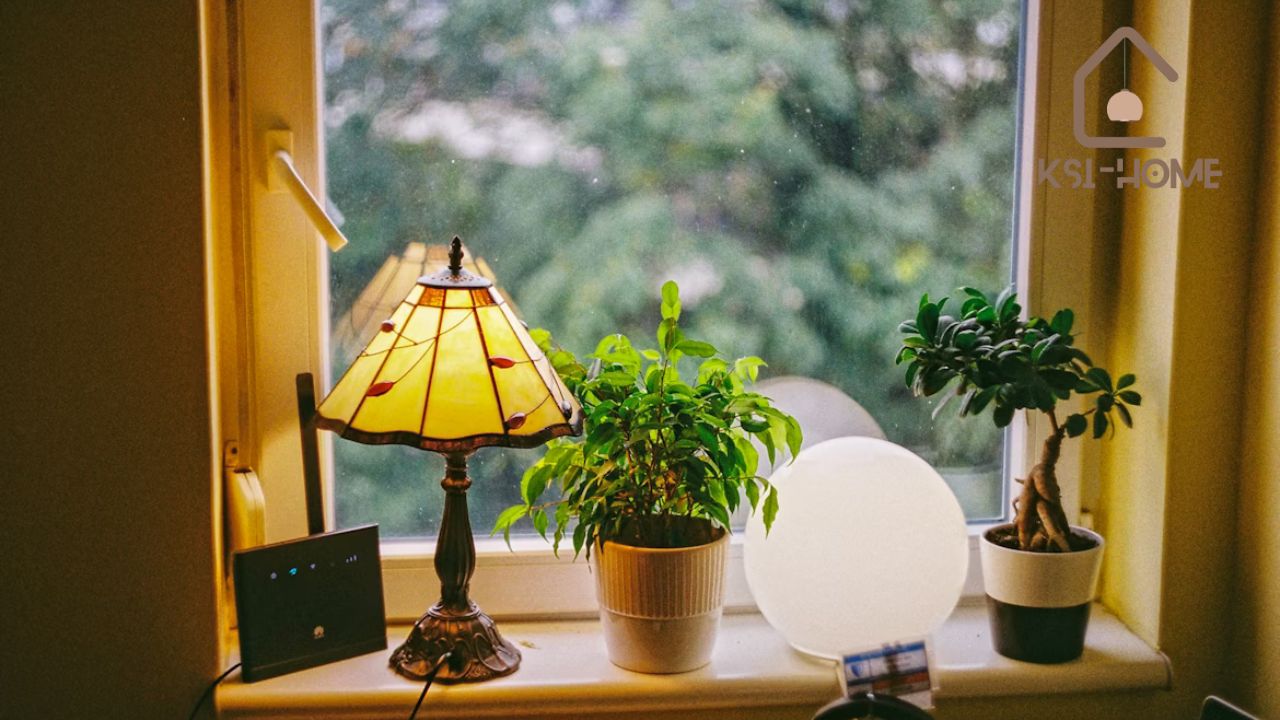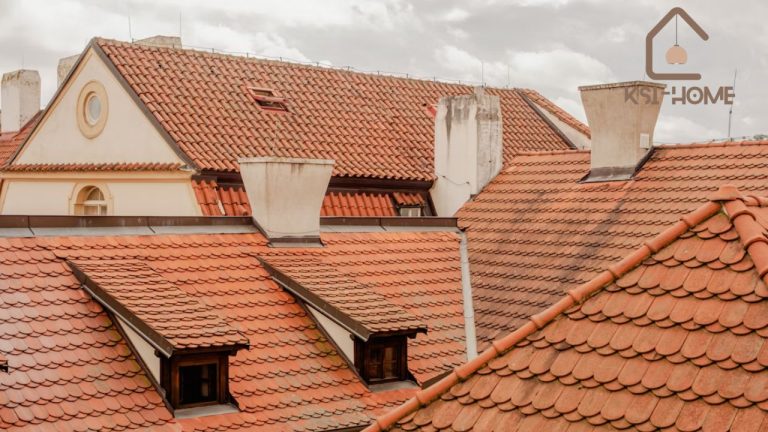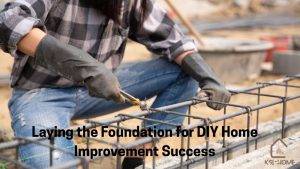It all starts with a switch. It could be the one in the hallway that you keep forgetting to turn off. Or the faucet that leaks a little too much. We all have these little things we do every day that don’t seem to matter much on their own. But if you look at the big picture, those small things can add up to a much bigger footprint. And that’s where change starts: not with big sacrifices, but with small, careful changes.
Living sustainably doesn’t mean you have to build a solar-powered house in the woods or throw away all of your plastic in one big move. It’s about making choices that are conscious a part of your daily life. We aren’t just talking about “going green” in this article. We’re going to talk about how small, planned habits at home can have a big effect on the environment over time.
The Strength of Small Choices
You’ve probably heard the saying, “Every drop counts.” People use it in a lot of different situations, but it’s especially true for sustainability. You’re saving energy by letting your clothes dry outside instead of using the dryer. When you compost your vegetable scraps, you keep organic waste from going to the dump. These choices may seem small on their own, but when you add them up over weeks, years, and millions of homes, they become very powerful.
For example, you could wash your clothes in cold water instead. It uses 90% less energy than washing in hot water. Now think about what would happen if every house on your street did that. The total savings would be enough to power several homes every year.
But the most important thing is that these changes don’t have to be bad. They just have to be deliberate.
Living Lightly, Room by Room
The Kitchen
This is often the place where most of the waste and energy use happens. Every step, from cooking to storing food, is an opportunity.Instead of plastic wrap, buy containers that can be used again and again. If you put a QR code on them, everyone in the family will know what’s inside and when it was made. It might seem scary to compost, but countertop compost bins are now sleek, smell-free, and easy to use. Your banana peels and coffee grounds don’t belong in the trash. Don’t buy pre-washed fruits and vegetables that come in plastic. You can wash it yourself to make it fresher (and cheaper).
Toilet
This area may be small, but it has a lot of potential.Use safety razors instead of disposable ones. Instead of plastic bottles, use shampoo bars. Take showers that last no more than five minutes. If it seems impossible, set a timer with a song you like.Install dual-flush toilets and low-flow showerheads. They save water without affecting how well they work.
Laundry and Cleaning. This is where good habits pay off.

Hanging clothes to dry may seem old-fashioned, but it’s a very effective and gentle way to do it. The first disinfectant was sunlight.Use detergents that are good for the environment and come in packaging that can be recycled. Get rid of dryer sheets that are only used once and use wool dryer balls instead.
Digital habits that have real-world effects
The choices we make online also have an effect on the environment. The cloud is just a computer that someone else owns and runs on electricity somewhere in the world.Stop getting emails that you don’t need (yes, really). Every email that is saved on a server uses power. Instead of leaving your devices in standby mode, turn them off. Use smart home gadgets to control your lights and thermostat. A lot of them now let you scan a QR code to get started, which makes them easy to set up and manage.
The Ripple Effect in Action in Real Life
Leila is a freelance designer who lives in a small apartment in Portland. She started composting a few years ago because she was interested. After that, she stopped buying water in bottles. After that, she began using old jars as storage containers. None of these choices were new, but they were reliable.
Her friends started to ask questions soon after. Some people took their own compost bins for the countertop. Some people wanted to know how to use less energy. Leila didn’t become a guru on sustainability or an influencer. She made small changes that had big effects. And that’s what makes eco-friendly habits so great: they spread.
The Mindset for Long-Term Success
Why do some people stay green while others stop after a week?
The answer is in identity and reward. You are more likely to stick with a habit if it is linked to a deeper value, such as protecting your kids’ future or the environment. It’s easier to get things going when they’re small and doable. One trick is to connect new habits to old ones. If you always make coffee in the morning, keep your compost bin close by. If you’re scanning a QR code for a new recipe, take the time to plan your meals in a more environmentally friendly way.
It’s not about being perfect when it comes to sustainability. It’s about moving forward.
You Can Make It What You Want
Your home is more than just a place, quotes; it’s your first ecosystem. Your energy use, waste output, and impact on the planet all depend on how you interact with it. But more importantly, your habits send messages. They affect your family, friends, and even the brands you like.The little things you do? They are important. Not in a vague, hypothetical way, but in a way that can be measured.So shut off that light in the hallway. Put the tops of the carrots in the compost. Fill the soap bottle again.The world doesn’t need heroes. It needs more people to do what they can, where they are, and with what they have.Begin at home. The rest will come.
Admin Recommendation
Laying the Foundation for DIY Home Improvement Success


















